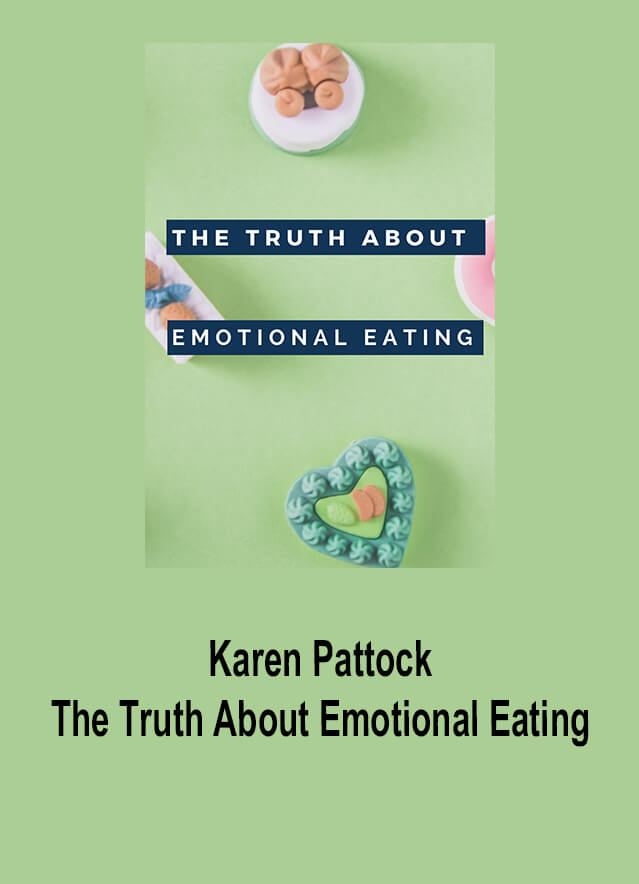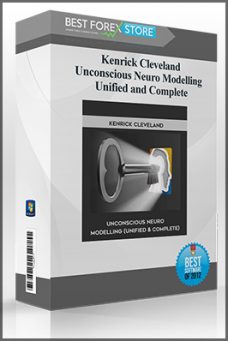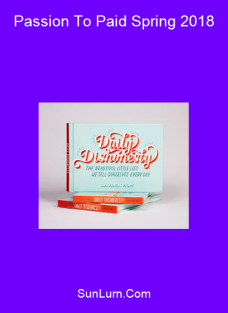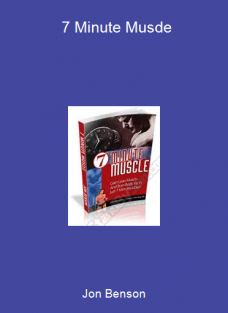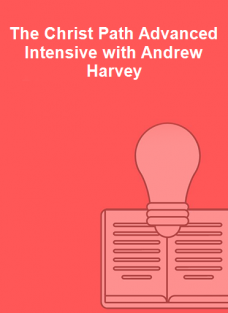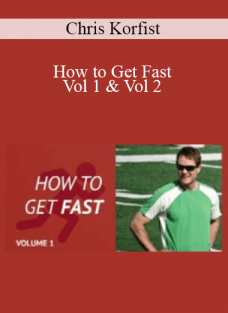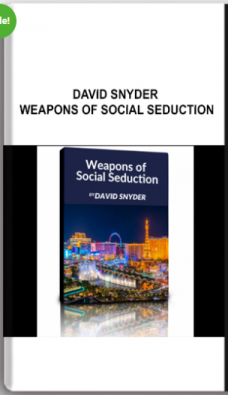Karen Pattock – The Truth About Emotional Eating
Original price was: $297.00.$74.00Current price is: $74.00.
Compare- Description
Description
Download Immediately!
Watch Proof Content Below:

Karen Pattock – The Truth About Emotional Eating
The truth about emotional eating
Would you consider yourself an emotional eater? Do you ever feel like emotional eating is something you constantly ‘do battle’ with? Have you ever typed ‘how to stop emotional eating’ into a google search?
Well, you’re not alone and you’ve come to the right place. I’m going to share what you need to know, but it may not be quite what you think. Let’s start right out by talking about the elephant in the room:
Emotional eating is not the problem.
Most clients I talk to about emotional eating are looking to control or stop it because they feel out of control with food when their emotions are heightened. And generally they’re referring to negative emotions and high pleasure foods – no one’s celebrating a promotion with a carrot binge they’re eating their stress away with a tray of brownies. So, what’s going on?
A few different things actually….
Emotional eating can be a normal reaction to diets and restriction
If you aren’t eating enough food your body is going to start getting pretty fixated on it. This is a survival mechanism so that in times of famine you actually seek out food. The human race wouldn’t have lasted long if we all just lounged in the shade and didn’t bother to go hunting or gathering when we needed food.
As luck would have it we are born with a feedback system that triggers our ‘go hunt’ drive when food is low. These days it triggers our ‘go to the fridge’ drive when we are on a diet.
This is what you are actually ‘doing battle’ with everyday of a diet – not surprising that diets all end up failing at some point, you just can’t compete with your body’s inbuilt drive to survive.
The perfect storm hits when you couple this drive to survive with a stressful day or a situation that has you feeling a little vulnerable. You’ve probably blamed your lack of willpower in the past or the out of control nature of your emotional eating.
In fact it’s just that your inbuilt body cues just can’t be ignored any longer: cue ’emotional eating’, which is actually survival eating as far as your body is concerned.
The forbidden factor
The other element to emotional eating is the ‘forbidden factor’. If you have a list of foods that you ‘shouldn’t’ eat or if you’re avoiding ‘bad’ foods because you are on a diet or trying to be ‘good’ then chances are these are the ones you will reach for.
The very nature of putting foods off limits will make them become more alluring. Mix this with the drive to survive and it’s no wonder you find yourself diving face first into a bowl of ice-cream.
What to do instead?
You might be starting to think that this whole ’emotional eating’ thing is actually starting to sound worse than you first thought but as scary as it sounds the solution is quite simple: stop dieting, stop restricting foods, stop thinking of foods as good or bad/allowed or forbidden. This is the key.
Will you still eat emotionally? Most definitely, because it’s completely normal to interact with food when we are emotional. Unless you are a robot chances are you felt emotions while eating today.

Emotional eating can actually be a useful tool to help soothe us. It’s actually the most effective tool in many scenarios (I’m looking at you cute screaming milk drinking babies).
There is NOTHING wrong with emotional eating.
The reason it feels so ‘wrong’ or ‘out of control’ is because of all the dieting rules.
So, what can you do to change your relationship with emotional eating?
How to change your relationship with emotional eating
-
Ditch the diet rules and calorie restrictions
Learn to listen to your in built hunger and satisfaction cues to help guide your food intake. If you give your body the fuel it needs it’s less likely to feel the need for any famine induced survival eating (or bingeing).
-
Eat ALL the things
This helps with restriction but it also takes away the forbidden factor. The reason people don’t binge out on broccoli or apples is because they’re not ‘forbidden’ foods.
-
Stop trying to control emotional eating
Repeat after me: emotional eating is not the problem. Look to the factors behind the emotional eating (not the emotions as such but the restricting) and also remember that it’s OK to eat when feeling emotions (phew, no frontal lobotomy required).
-
Build up your self care tool box
This is not to stop or replace emotional eating but to give you options when you need to take care of yourself. Sometimes food will be the best option available to soothe yourself and sometimes it’ll be something else. When you have a toolbox full of self care options (including food) you can find the right tool for the job.

